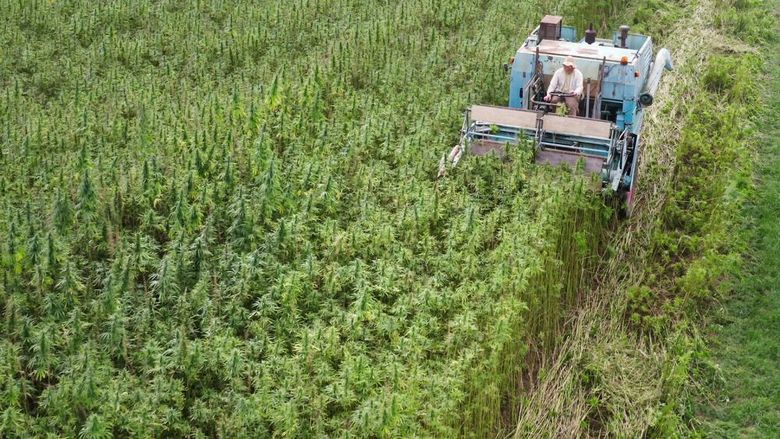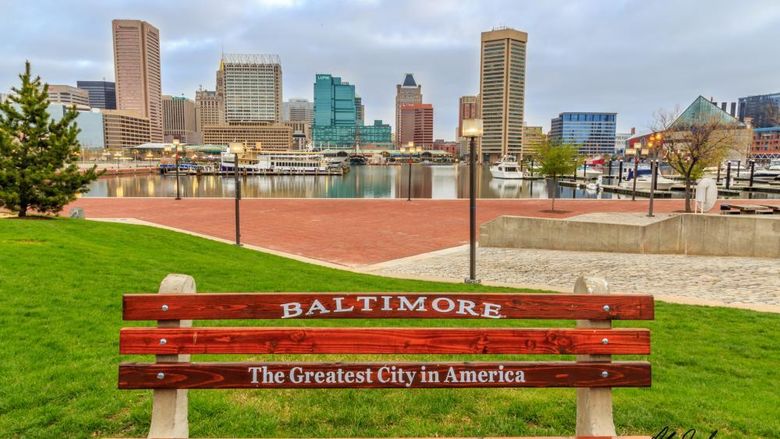
A group of Penn State Harrisburg researchers developed a case study showcasing how Giant Foods and the Central Pennsylvania Food Bank brought about the “Meat the Needs” food rescue program, moving Giant Foods toward implementing a new zero-waste strategy and meeting a critical need for the Food Bank.
MIDDLETOWN, Pa. — For Darrell Bartholomew and his colleagues in the Penn State Harrisburg School of Business Administration, a project with Giant Food Stores LLC, a large grocery chain headquartered in Carlisle, Pennsylvania, and the Central Pennsylvania Food Bank has turned into the perfect tool to teach business students about sustainable business practices.
Bartholomew, assistant professor of marketing, together with Peter Swan, associate professor of logistics and operations management; Richard Young, professor emeritus of supply chain management; and Maggie M. Mehalko, a recent graduate of the college’s MBA program, developed a research case study showcasing how Giant Foods and the Food Bank brought about the “Meat the Needs” food rescue program, moving Giant Foods toward implementing a new zero-waste strategy and meeting a critical need for the Food Bank.
The case study, which has been presented at conferences in the U.S and Canada and includes video shot on location at Giant and the Food Bank, illustrates key sustainability practices and addresses topics like green retailing — the management approach which pursues environmental protection through eliminating waste, increasing efficiency and reducing costs — and zero waste business strategies, which seek to conserve all resources through responsible production, consumption, reuse, and recovery of products, packaging and materials. The study also raises awareness about some of the challenges faced by non-profits like the Food Bank.
“September is Hunger Action Month in Pennsylvania, which makes discussion of this particular case study very timely,” Bartholomew said. “Proteins are typically the food group most in need by organizations fighting hunger. Giant Foods is helping to address this issue and become a more sustainable corporation through its ‘Meat the Needs’ program.”
According to Bartholomew, the program began as a pilot in 2009 and is now part of standard operating procedures at Giant Foods. In 2019, Giant Foods was the only company doing 100% rescue of its fresh meat from all its stores, he said. “Giant Foods delivers this meat throughout the Northeast to six regional food banks. Some 2.5 million pounds of meat are donated each year from Giant regions based in Carlisle and 1.4 million pounds in Landover, Maryland,” Bartholomew said. “The parent company Ahold Delhaize has also expanded the program to some of its other chains and wants to share the process with their food industry competitors to help them donate to local food banks,” he added.
The Penn State Harrisburg researchers’ “Meat the Needs” case study was published in the spring 2020 edition of The Case Research Journal, a leading academic journal for cases in business and related disciplines in North America. Available for use by educators, CRJ cases are distributed through Harvard Business School Press, Ivey Publishing, The Case Centre, Pearson Collections, McGraw Hill Create, StudyNet, and CCMP. Their written case was presented in 2018 at the Annual Conference of the Administrative Sciences Association of Canada in Toronto, Canada and the video portion of the case was presented in 2018 at the Association for Consumer Research in Dallas, Texas.





